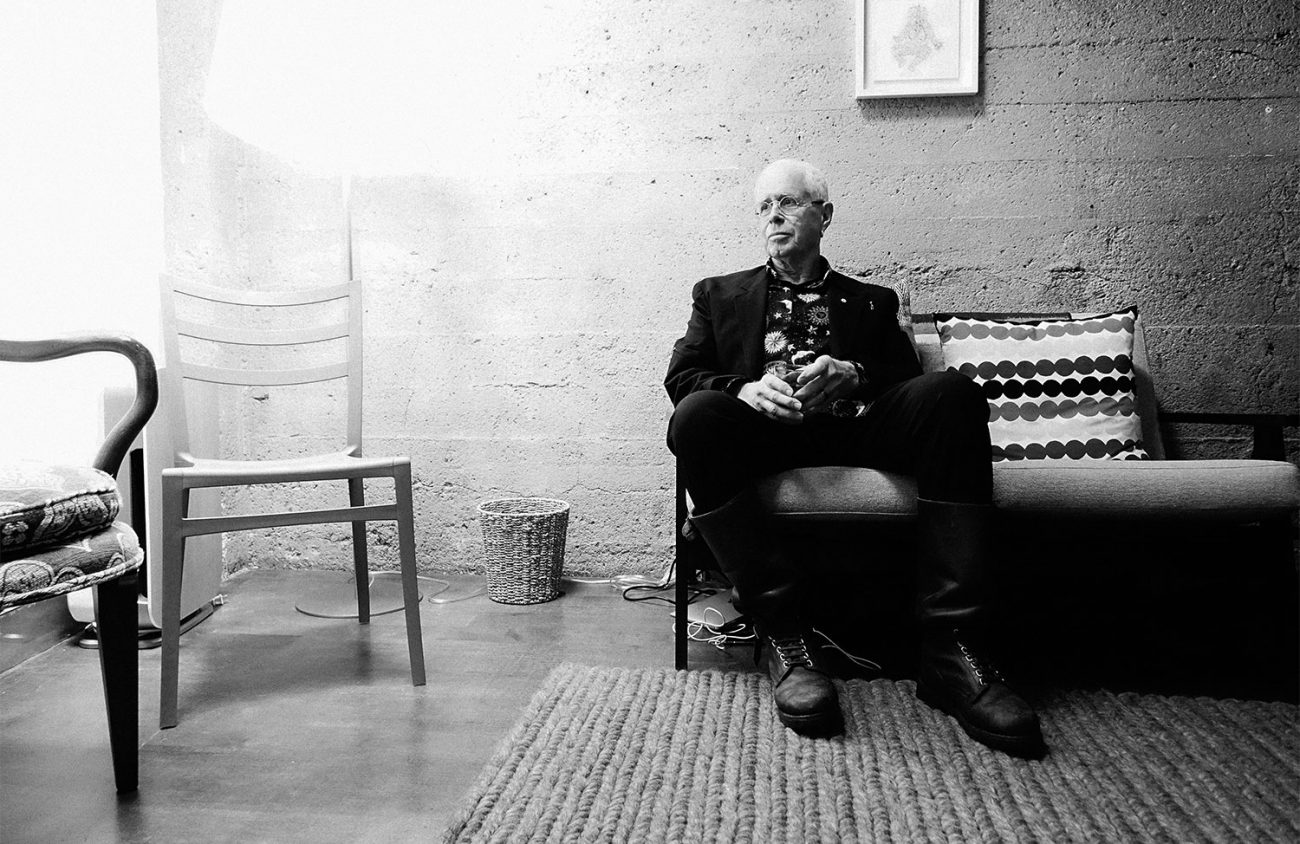On the occasion of a 50th-anniversary tour and in preparation for a two-CD greatest hits collection, what is the best approach to evaluating an artist’s catalog: personal favorites, crowd-pleasers, or is it better to decide a song’s legacy by some other measure?
That’s the question posed by acclaimed Canadian singer-songwriter Bruce Cockburn. His brand-new greatest hits double album is out now, and his second try at a semicentennial celebration tour — the first one was delayed by the pandemic — stops in Eugene Sunday, Dec. 12, at the Hult Center.
Referring to the greatest hits collection, Cockburn says, “The concept from the very beginning had been to include everything that had been a single, all throughout the 50 years,” in chronological order. Simple enough.
What’s also captured in the collection, though, is a musical evolution. From the acoustic stuff of the 1970s growing into bigger band arrangements throughout the decade, on through the more pop-oriented material of the ’80s — highlighted by what is probably Cockburn’s biggest hit, the mildly new wave “Lover in a Dangerous Time” from the 1984 album Stealing Fire — and then, back to the acoustic side in the ’90s.
Cockburn has navigated throughout his career between these two poles: the folksy balladeer and the grown-up pop songwriter with a modern edge. But for a half century, Cockburn never quite became a household name such as James Taylor or Yusuf Islam, formerly Cat Stevens. Nor does he have the regal gravitas in the U.S. of fellow Canadian Leonard Cohen, though he was recently honored by a plaque on the Canadian Walk of Fame in Toronto.
Cockburn’s eponymous debut album came out in 1970, a collection of acoustic songs featuring only his own skillful guitarwork, his gentle tenor with a conversational cadence and lonely melodies.
About a half century later and prior to his greatest-hits album, Cockburn’s last studio release was Crowing Ignites, from 2019, a selection of wordless acoustic guitar music, and a reminder that Cockburn is in his own right an expressive instrumentalist: sometimes jazzy, other times traditional and occasionally informed by the blues.
Instrumental experiments notwithstanding, Cockburn’s songwriting most often begins with words.
“It starts with feel,” he says. “The ability to free associate. Then it gets technical. I don’t want the music to overpower the lyrics, I want to create a landscape that the lyrics can exist.” For Cockburn, who as a young man aspired to become a poet as much as a musician, music and lyrics exist in the same part of the brain, he says.
A teenager in the late ’50s, Cockburn was the perfect age for early rock ‘n’ roll, worshipping Buddy Holly and Elvis Presley and rejecting any kind of music lesson that taught him anything less than how to make those sounds. Soon enough, he discovered the guitar, and shortly after that, The Beatles, Bob Dylan and other early innovators in the folk-rock movement.
Once he heard Dylan, “I became a fan right away. We listened to the folky albums, and then, when he went rock, there were cries of betrayal from all corners, except from our little crowd: We thought it was fantastic. This is so where it should have gone,” he says.
Before that, “It hadn’t occurred to me independently that you could have songs that didn’t have dumb lyrics,” Cockburn says.
Even though Cockburn will perform solo in Eugene, when he does bring his songs to a band, they need to accept that most often, his guitar parts come first.
“I write the songs with guitar parts that are meant to stand up,” he explains. “It’s a part, written into the composition as a whole. So, when I get together with other musicians to get ready for a tour, I say, here are the songs — and they have to work around them.”
“I pretty much let them do what they want,” he continues, “and I’m just kind of the editor, but they are constrained that the guitar is going to be doing something busy, and they’re just going to have to figure it out,” he says.
Cockburn’s inclination is to play new music on his 50th-anniversary tour, but he understands that audiences most often want to hear the familiar stuff.
“I think it’s necessary, and it feels good, to put in the songs that people are attached to,” he says. He’s made a point of practicing some of the older songs that have been neglected from his setlist for decades. “It will be a mix from all different eras,” he says.
Bruce Cockburn performs 7:30 pm Sunday, Dec. 12, at the Hult Center; $38-$48, all-ages. His two-disc greatest hits compilation is available now on all major streaming services and wherever music is sold.
